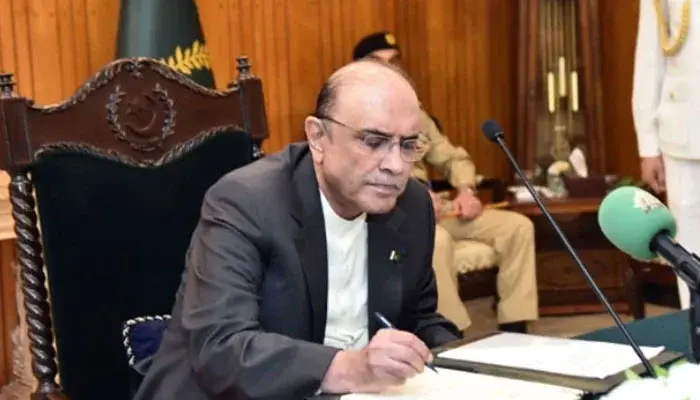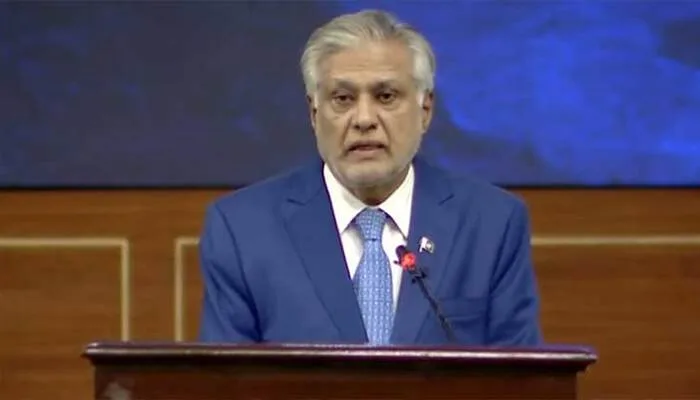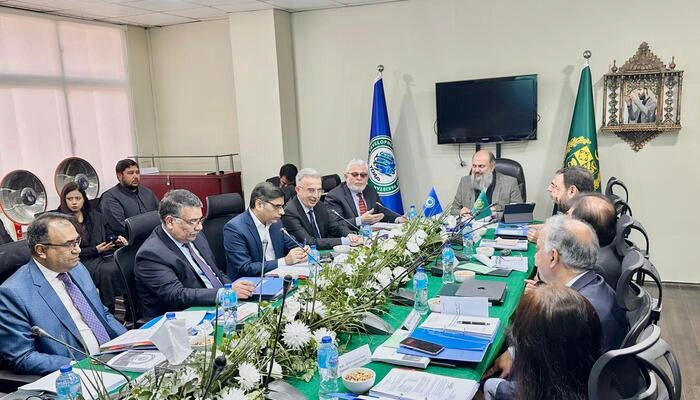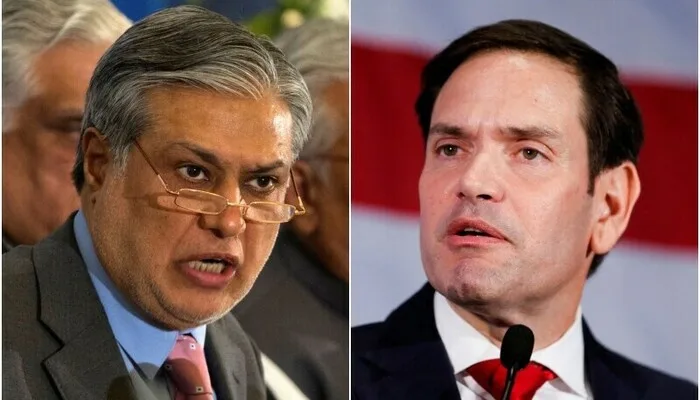
After weeks of heated debate, President Asif Ali Zardari has signed the contentious madrassa registration bill into law. The legislation, which introduces new rules for the registration of religious seminaries under the Societies Act, has sparked both political and public interest, particularly in its implications for governance and international relations.
Key Provisions of the Bill
The bill requires madrassas to register under the Societies Act, providing them the option to affiliate either with the Ministry of Education or the Ministry of Industries. This adjustment is intended to bring greater oversight and streamline operations within the seminaries. However, the law only applies to madrassas within Islamabad’s jurisdiction.
In conjunction with the bill, President Zardari also issued an ordinance amending the Societies Registration Act 2024. This move follows the federal cabinet’s approval of these amendments, made after negotiations with the Jamiat Ulema-e-Islam-Fazl (JUI-F), which had initially opposed the bill.
Government and JUI-F Compromise
The approval of the bill marks the resolution of a standoff between the government and the JUI-F. Prime Minister Shehbaz Sharif reportedly met with JUI-F Chief Maulana Fazlur Rehman, addressing the demands of the Ittehad Tanzeemat-e-Madaris Deenia (ITMD) to secure the party’s support. This compromise was essential for the passage of the madrassa bill, which had become a contentious issue in the broader political landscape.
The bill’s enactment aligns with the government’s agreement with the JUI-F to secure support for the 26th Amendment. However, the legislation initially faced delays as President Zardari returned the draft, citing legal and international concerns.
Read: PIA Adds Long-Grounded ATR Aircraft to Fleet
President’s Concerns and Objections
President Zardari previously expressed reservations about the bill, raising eight specific objections. His primary concern was the potential impact of the new law on Pakistan’s international reputation, especially with entities like the Financial Action Task Force (FATF) and Generalised Scheme of Preferences Plus (GSP+).
The president feared the legislation could lead to sectarian tensions and challenges in maintaining law and order. Additionally, he pointed out inconsistencies in the definition of madrassas across the bill’s provisions, arguing that this could allow seminaries to be used for non-educational purposes.
Zardari also warned that registering madrassas under the Societies Act could create conflicts of interest and open Pakistan to international criticism. He urged lawmakers to carefully consider global implications while drafting legislation involving religious seminaries.
Implications Moving Forward
With the bill now signed into law, madrassas in Islamabad will need to align with the updated registration process. The government hopes this legislation will enhance oversight and reduce potential misuse of seminaries. However, critics remain concerned about the law’s ability to address deeper issues of sectarianism and governance.
As Pakistan navigates this complex legislation, the international community will closely watch how the changes impact the country’s compliance with global standards and its internal stability. The madrassa registration bill signifies a critical step in shaping the future of religious education and governance in Pakistan.
Follow us on Google News, Instagram, YouTube, Facebook,Whats App, and TikTok for latest updates











